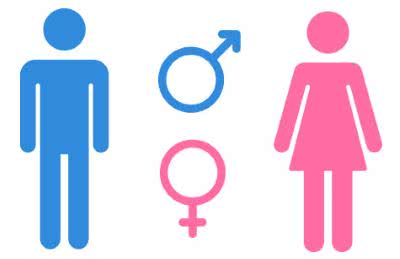ความหมายของคำ gender ในภาษาไทย
gender ในภาษาอังกฤษหมายถึงอะไร? มาร่วมค้นหาความหมาย การออกเสียง และวิธีใช้คำนี้อย่างละเอียดกับ Lingoland
gender
US /ˈdʒen.dɚ/
UK /ˈdʒen.dər/

คำนาม
1.
เพศ, เพศสภาพ
the state of being male or female (typically used with reference to social and cultural differences rather than biological ones).
ตัวอย่าง:
•
The company is committed to promoting gender equality in the workplace.
บริษัทมุ่งมั่นที่จะส่งเสริมความเท่าเทียมทางเพศในที่ทำงาน
•
The survey asked participants to identify their gender.
แบบสำรวจขอให้ผู้เข้าร่วมระบุเพศของตน
คำพ้องความหมาย:
2.
เพศ
(grammar) each of the classes (typically masculine, feminine, and neuter) of nouns and other words that determine the form of associated words.
ตัวอย่าง:
•
In German, nouns have a grammatical gender.
ในภาษาเยอรมัน คำนามมีเพศทางไวยากรณ์
•
The teacher explained the concept of noun gender to the class.
ครูอธิบายแนวคิดเรื่องเพศของคำนามให้นักเรียนฟัง
กริยา
กำหนดเพศ, จัดประเภทเพศ
assign a gender to (someone or something), typically in a way that is seen as imposing a conventional male or female role.
ตัวอย่าง:
•
The film was criticized for gendering its characters in stereotypical ways.
ภาพยนตร์ถูกวิพากษ์วิจารณ์ว่ากำหนดเพศตัวละครในลักษณะเหมารวม
•
Some argue that language itself can gender our perceptions of the world.
บางคนแย้งว่าภาษาเองสามารถกำหนดเพศการรับรู้โลกของเราได้
คำที่เกี่ยวข้อง: